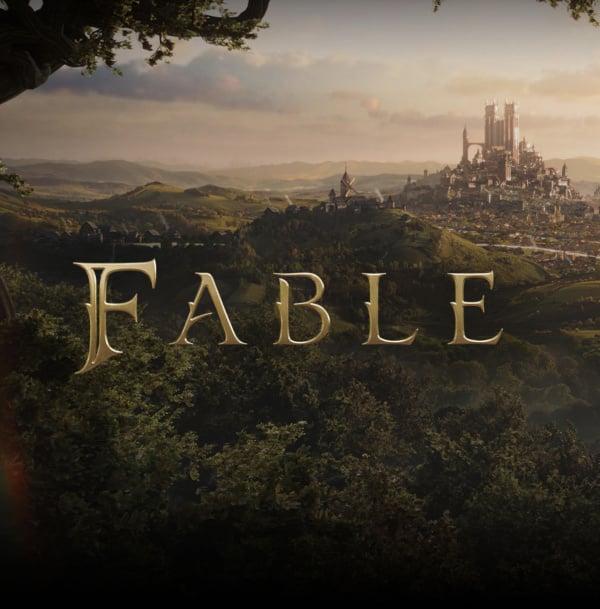
As a substitute, Lionhead has swapped the information traditionally found behind a game-pausing menu and turned it into a physical space. Molyneux reckons that most people are overwhelmed by the number of inventory items in RPGs and only end up using a small proportion of the thousands of objects included in those games, because it's not worth developing RSI in their mouse wheel finger. It's hardly surprising Peter Molyneux has become uncomfortable with giving Fable III the RPG label as it has taken shape.įor a start, the lists that hardcore role-players snuggle up to for comfort have been ditched. Fable III on the other hand has taken the role-playing rule book, soaked it in petrol, set it alight and then launched it over the battlements on a giant catapult. Thanks to those matches, characters will also receive experience, bonuses, … to upgrade skills and levels.Although it never came to the PC, Fable II was a refinement in almost every area over the original RPG. By controlling the character, players will fight monsters (sometimes opponents are humans) to overcome the screenplay. Players can also guide the moral character of the protagonist (through interactive game options) so that the character’s power can be developed in a balanced manner. Players can develop their characters according to one of the following three parameters: magic, physical strength, and social skills. As a role-playing game (RPG), the Fable series is built around the main character – controlled and developed by the player (player interaction can change the end of the game).

In addition, Fable also owns impressive 3D graphics. The game features music composed by Russell Shaw with the opening song composed by Oscar nominee Danny Elfman. Fable is also the first game in the Fable game series. Fable is an action role-playing video game that was released by fans of Microsoft Game Studios in 2004.


 0 kommentar(er)
0 kommentar(er)
